The calls for the UK to gain its own ‘gigafactory’ to make batteries for electric cars have grown so loud over the past couple of years that it even became an election issue. Both the Conservatives and Labour have pledged to fund gigafactories, with Labour going so far as to promise £2 billion to finance half the cost of three gigafactories, to be located in south Wales, Stoke and Swindon. The Conservatives, meanwhile, promised “a gigafactory” without costing it.
Whatever the outcome of the election, it’s clear the UK car industry will depend on being able to source batteries locally and soon. “Within a year, most car producers and battery manufacturers will make their decisions about where in Europe the next generation of gigafactories will be built. Without urgent action, the UK is in danger of losing out in the race,” the Faraday Institute, a government-funded battery action group, wrote in a recent report.
It’s also clear there are large barriers in the way. “We’re in serious danger of missing out for a number of reasons,” said David Bailey, professor of business economics at the Birmingham Business School. “Brexit is a serious issue and we are lagging in terms of electric vehicle take-up and infrastructure. Why would a company want to invest in a massive battery plant here?”
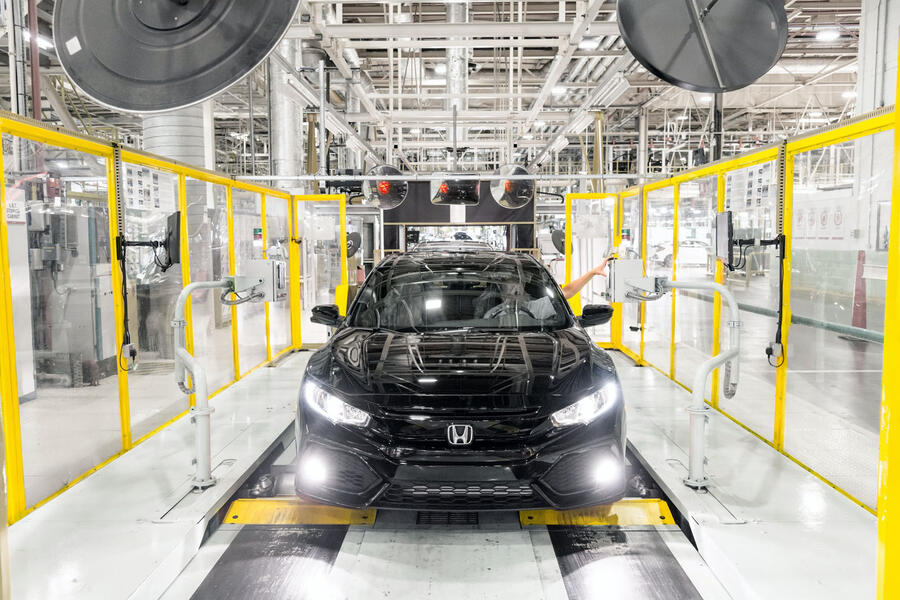
Labour’s choice of locations was meant in part to highlight the urgency for creating new jobs. South Wales is where Ford is closing an engine factory in September 2020 and Swindon is home to Honda’s engine and vehicle plant, which will shut its doors in 2021.
The UK built 2.16 million engines to the end of October, down 7% on the year before, and 60% of those were exported, according to the Society of Motor Manufacturers and Traders. However, that number will slide dramatically once the Ford and Swindon plants go offline and EV sales start to grow.
The biggest customer for a battery factory would be Jaguar Land Rover (JLR), which along with Nissan produces the largest number of vehicles in the UK. Nissan already sources its batteries from a small plant in Sunderland with the capacity to make 2GWh of cells per year (enough for around 50,000 40kWh Nissan Leafs), but batteries for hybrid Land Rovers, hybrid Toyota Corollas and electric Minis currently all come from outside the UK.
JLR has been pressing the government to act fast. “If batteries go out of the UK, then automotive production will go out of the UK,” said its CEO, Ralf Speth, in July. JLR will begin to source battery packs for its planned new Jaguar XJ electric limousine from a new plant in Hams Hall near Birmingham, but it’s relatively small scale and the actual cells will come from outside the UK.

Getting those cells made in the UK is crucial, both for retaining jobs and avoiding shipping heavy batteries from places like China when EV production really takes off. It’s helpful, too, to avoid being hit by painful currency fluctuations and to ensure enough of the car’s content is home sourced as the UK begins the process of striking its own trade agreements. The battery makes up around 40% of the cost of building an electric car, according to JLR.
Speth has made it clear that JLR can’t afford to invest in a cell plant. For one thing, the process of making battery cells is far outside the core knowledge of a car company like JLR. Even early pioneer Nissan has since sold its battery operations in Sunderland and elsewhere to Chinese firm Envision Group.
The key is to persuade an established battery maker to set up shop here, like LG Chem has done in Poland, Samsung SDI has done in Hungary and Swedish newcomer Northvolt is doing in both its homeland and for Volkswagen via a joint venture to build a plant in Salzgitter, Germany.
With Tesla skipping the UK for Berlin for its new European gigafactory and blaming Brexit for the snub, the UK is at a dangerous point while it remains in limbo in terms of its relationship to key trading partner mainland Europe.
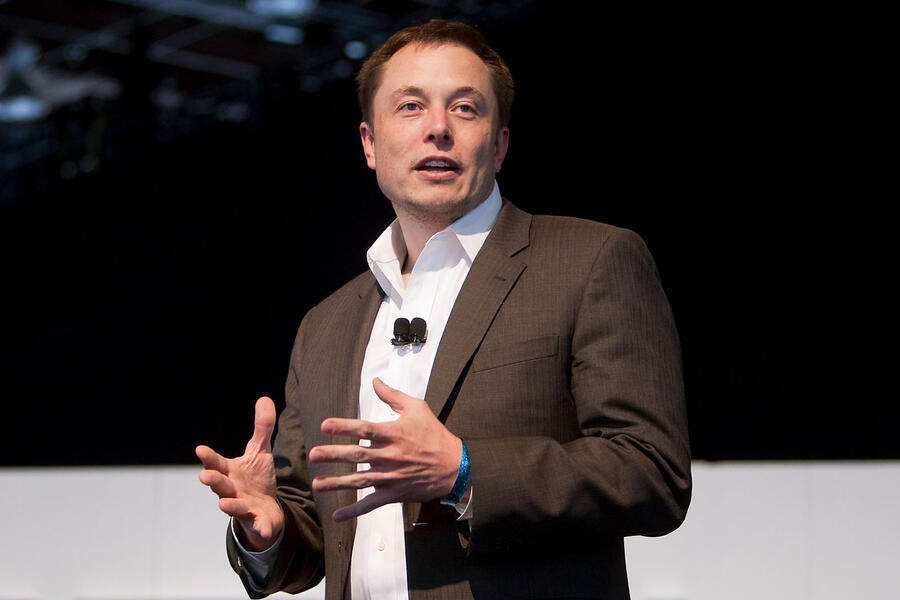
With the EU’s tough climate legislation almost mandating a shift to electric cars, a three-way agreement involving a battery maker, at least one car maker and the UK government needs to happen quickly.
Stephen Gifford, head of economics at the Faraday Institute, said: “The market is growing so fast that, while in 2019 there isn’t demand for a gigafactory, in four years’ time there will be. The decision needs to be made now.”
Nick Gibbs
READ MORE
Tesla to build first European factory in Germany
EU motor industry leaders unite against ‘no-deal’ Brexit
UK car production falls 4% in October as Brexit doubt takes toll

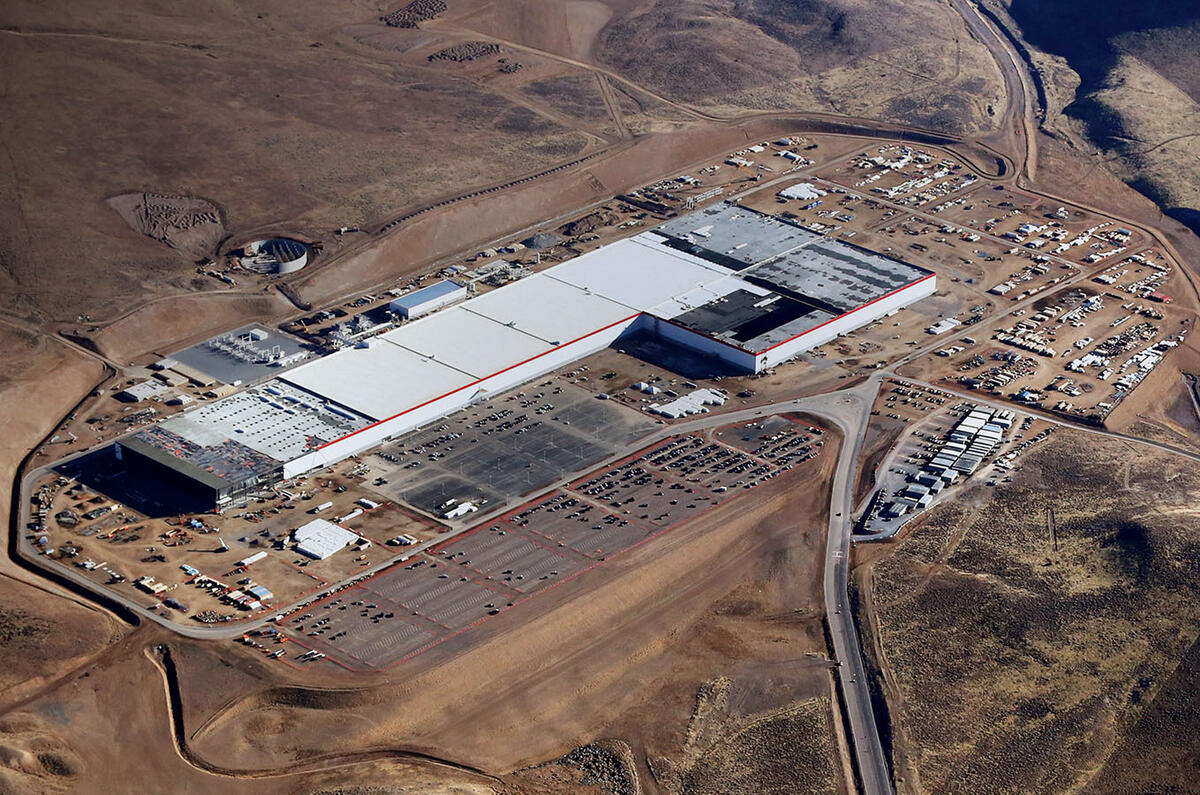
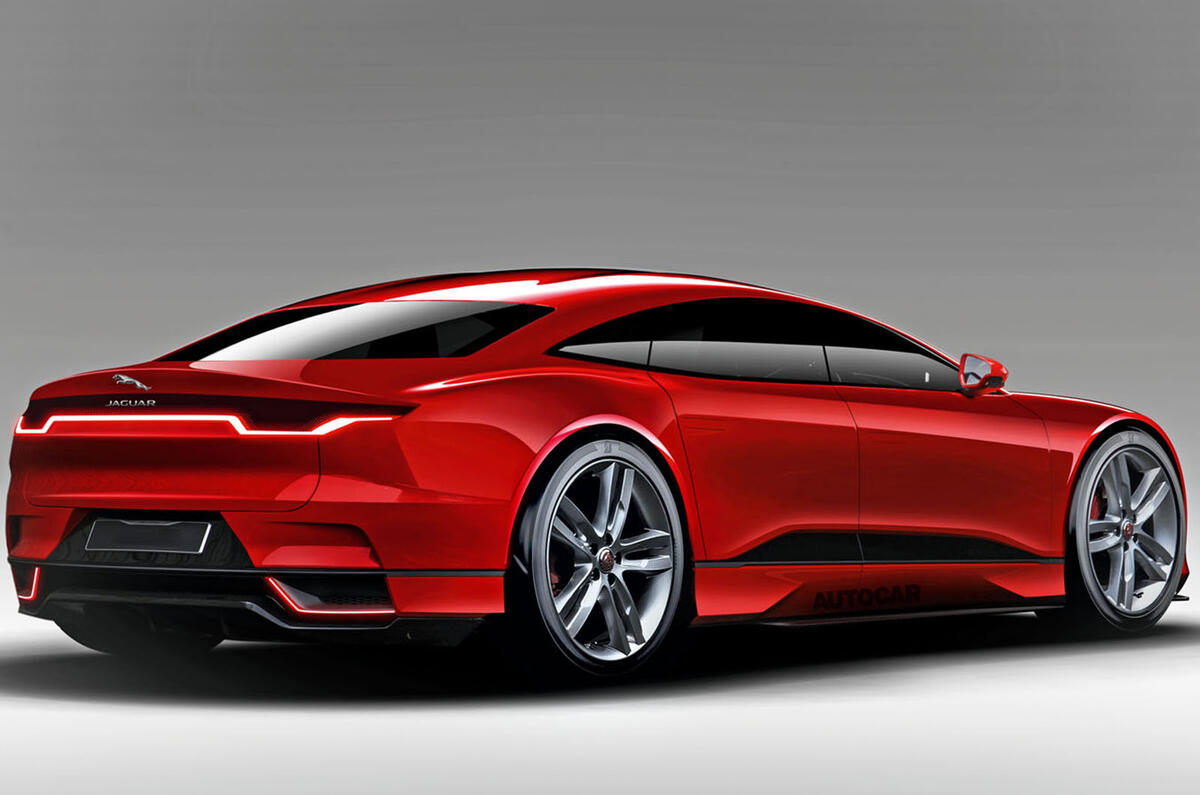
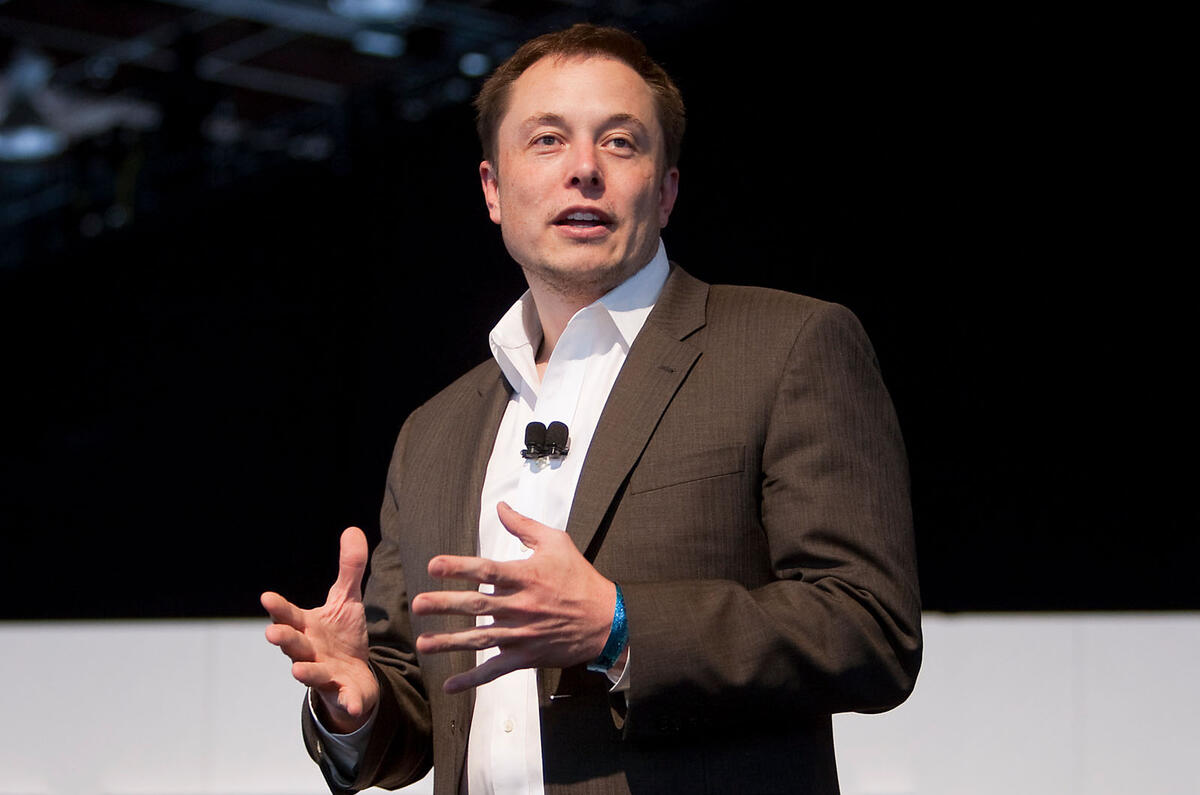
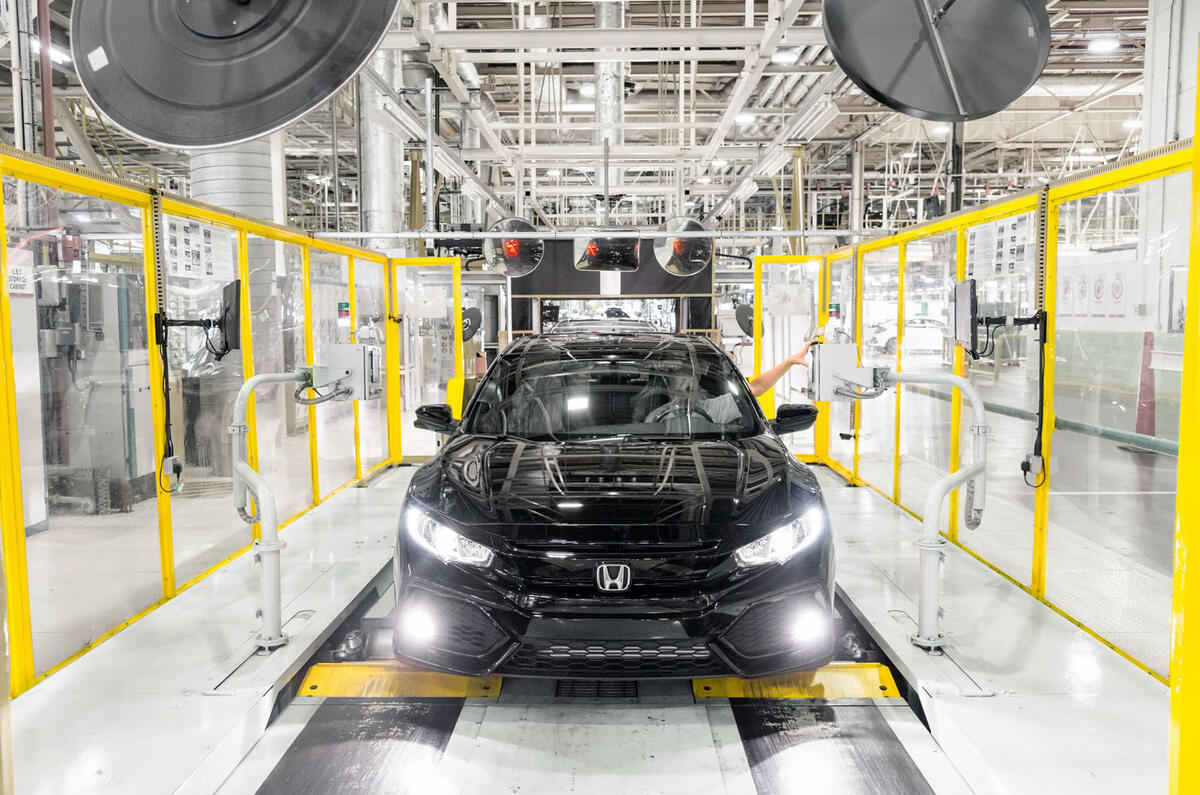
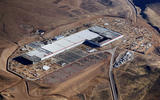


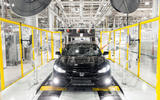


Join the debate
Add your comment
That ship has sailed I'm
That ship has sailed I'm afraid. The dissolution of the UK's remaining car manu industry is about all we'll see...
Scotland...
Three gigs factories , all in England, why not one in Scotland?.
@Peter Cavellini
With Sturgeon droning on about a second independence referendum I can't see many plans for large scale investment in Scotland in the near future.
Toxic Corbyn
I just sruggle to understand these people. We need this, we want that... Why should government ( we taxpayers ) be held responsible?
It can be summed up by JLR's attitude - they can't build a factory themselves therefore have to go third party. So UK PLC spends taxpayers money building or subsidising a new facitlity. Will JLR and others be compelled to buy from that UK factory or is it still a free market and they could still buy batteries from another country where labour costs are cheaper?
From the table I'm looking at in 2018 Germany produced over 5.5million vehicles, Spain almost 3million, France 2.25million, Uk 1.5 million and Czech 1.3 million. Surely if you were going to build a massive factory in Europe you'd choose Germany first, then Spain, then France?
Also had to laugh at Corbyn during election talking about the need to reduce pollution and build three gigafactories - how very green of him. Wasn't this the same guy who wanted to keep the coal mines open?